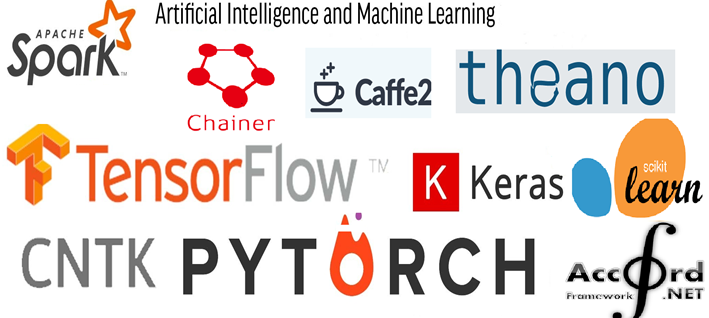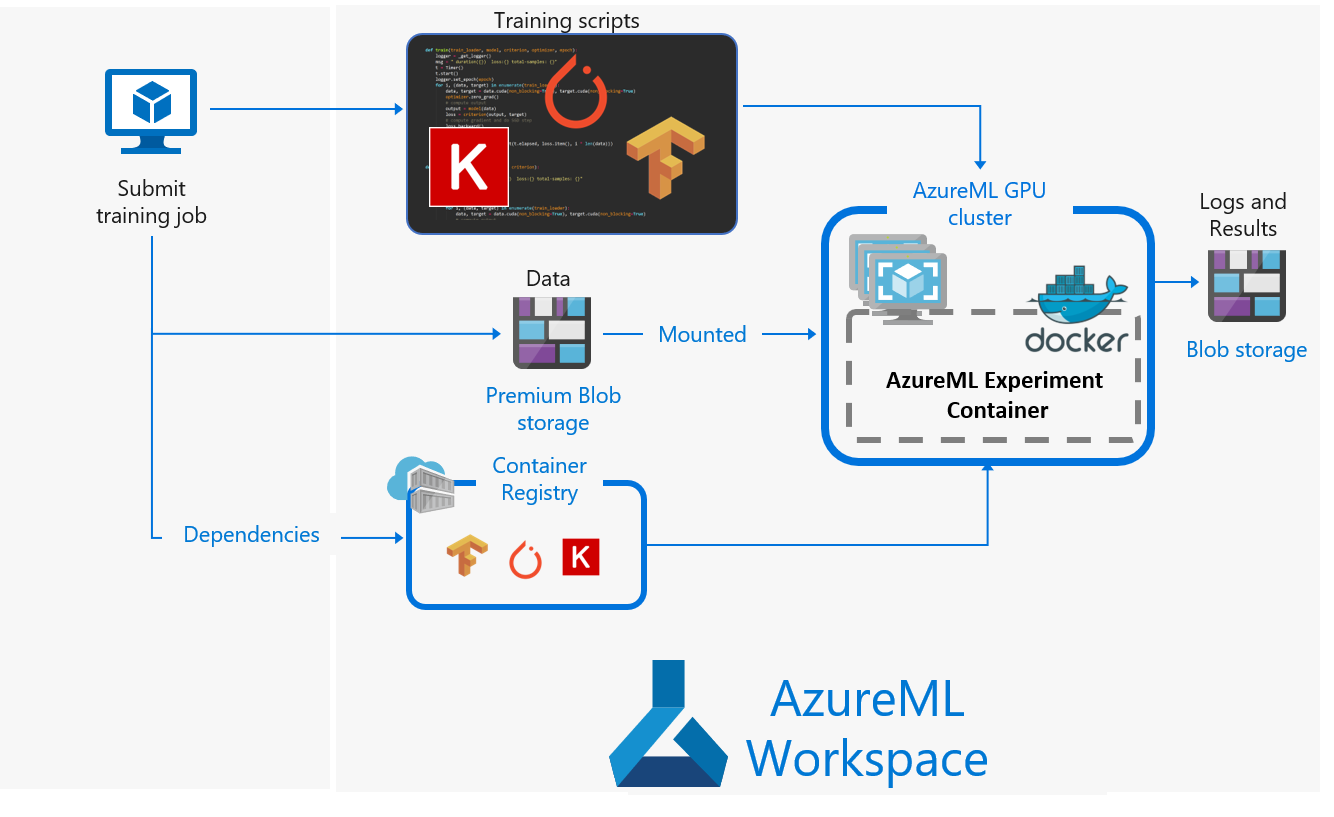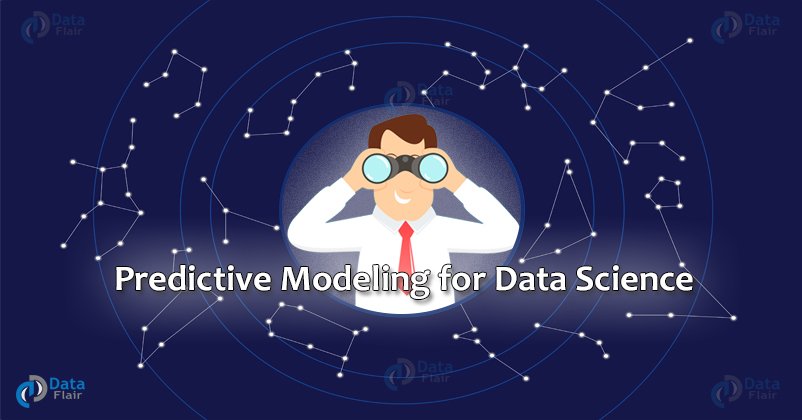
Yoshua Bengio, a Canadian computer science researcher, is known for his research on artificial neural networks and deep learning. He is a professor of Computer Science and Operations Research at Universite de Montreal and serves as scientific director of Montreal Institute for Learning Algorithms. Bengio is also the author of Deep Learning, which he coauthored with Stephen Hawking.
The generative adversarial network
Generative adversarial networks, or GANs, are systems that can generate their own training data. This feedback loop allows adversarial systems to become more precise and more effective discriminators. GANs begin by identifying the end result you want. Once you have created the training dataset, the generator will automatically input it to the generator until the model is at basic accuracy. This is shown in Figure 3. This is the end result of a training collection of images.

generative neural networks
Yoshua Bengio, a well-known expert in deep learning, is the author and co-author of "Generative Neural Networks," a best-selling book. His research centers on the mathematical principles which underlie learning. His contributions are in the area of machine intelligence, including distributed representations and optimization challenges. Yoshua’s work has contributed significantly to the field o deep learning, machine translation.
Reinforcement learning
Yoshua Bengio, a professor at McGill University, is the co-founder of Element AI. This company is dedicated to transforming AI research into practical applications. His research focuses on the principles behind learning processes. He teaches a graduate course on machine learning and supervises a large number of postdocs. He has published over six-hundred pieces in the top scientific journals.
Machine learning
Yoshua's machine-learning is worth a look if you are interested in artificial intelligence. His work in deep learning and artificial neural network design is well-known. He is currently a professor in the Department of Computer Science and Operations Research of the Universite de Montreal and the scientific director of Montreal Institute for Learning Algorithms. Bengio discusses the key concepts of machinelearning in this article.

Yoshua Bengio's first work
A machine that has been mathematically trained is one of the greatest contributions to artificial Intelligence in the last decade. Yoshua Bengio was born and raised in France, but he now lives in Canada. He attended McGill University and completed his B.Eng. He also received his M.Sc. He earned degrees in computer science in 1988, and M.Sc. McGill taught him about neural networks, hidden Markov systems, and discriminant-learning algorithms. He was a collaborator at MIT with Yann LeCun and Larry Jackel who were both previously involved in machine learning.
FAQ
What can AI do for you?
AI serves two primary purposes.
* Prediction – AI systems can make predictions about future events. AI can help a self-driving automobile identify traffic lights so it can stop at the red ones.
* Decision making – AI systems can make decisions on our behalf. As an example, your smartphone can recognize faces to suggest friends or make calls.
Are there potential dangers associated with AI technology?
Of course. There will always exist. AI poses a significant threat for society as a whole, according to experts. Others argue that AI is not only beneficial but also necessary to improve the quality of life.
AI's misuse potential is the greatest concern. It could have dangerous consequences if AI becomes too powerful. This includes autonomous weapons and robot rulers.
AI could eventually replace jobs. Many people fear that robots will take over the workforce. Others think artificial intelligence could let workers concentrate on other aspects.
For example, some economists predict that automation may increase productivity while decreasing unemployment.
How will governments regulate AI
The government is already trying to regulate AI but it needs to be done better. They need to ensure that people have control over what data is used. They must also ensure that AI is not used for unethical purposes by companies.
They should also make sure we aren't creating an unfair playing ground between different types businesses. A small business owner might want to use AI in order to manage their business. However, they should not have to restrict other large businesses.
Who is leading the AI market today?
Artificial Intelligence is a branch of computer science that studies the creation of intelligent machines capable of performing tasks normally performed by humans. It includes speech recognition and translation, visual perception, natural language process, reasoning, planning, learning and decision-making.
Today, there are many different types of artificial intelligence technologies, including machine learning, neural networks, expert systems, evolutionary computing, genetic algorithms, fuzzy logic, rule-based systems, case-based reasoning, knowledge representation and ontology engineering, and agent technology.
Much has been said about whether AI will ever be able to understand human thoughts. But, deep learning and other recent developments have made it possible to create programs capable of performing certain tasks.
Google's DeepMind unit has become one of the most important developers of AI software. Demis Hashibis, who was previously the head neuroscience at University College London, founded the unit in 2010. DeepMind developed AlphaGo in 2014 to allow professional players to play Go.
How does AI affect the workplace?
It will transform the way that we work. We can automate repetitive tasks, which will free up employees to spend their time on more valuable activities.
It will increase customer service and help businesses offer better products and services.
It will allow us future trends to be predicted and offer opportunities.
It will allow organizations to gain a competitive advantage over their competitors.
Companies that fail AI will suffer.
Is there another technology which can compete with AI
Yes, but not yet. Many technologies have been developed to solve specific problems. However, none of them match AI's speed and accuracy.
Statistics
- Additionally, keeping in mind the current crisis, the AI is designed in a manner where it reduces the carbon footprint by 20-40%. (analyticsinsight.net)
- That's as many of us that have been in that AI space would say, it's about 70 or 80 percent of the work. (finra.org)
- A 2021 Pew Research survey revealed that 37 percent of respondents who are more concerned than excited about AI had concerns including job loss, privacy, and AI's potential to “surpass human skills.” (builtin.com)
- While all of it is still what seems like a far way off, the future of this technology presents a Catch-22, able to solve the world's problems and likely to power all the A.I. systems on earth, but also incredibly dangerous in the wrong hands. (forbes.com)
- In 2019, AI adoption among large companies increased by 47% compared to 2018, according to the latest Artificial IntelligenceIndex report. (marsner.com)
External Links
How To
How to set Alexa up to speak when charging
Alexa, Amazon's virtual assistant, can answer questions, provide information, play music, control smart-home devices, and more. It can even listen to you while you're sleeping -- all without your having to pick-up your phone.
Alexa allows you to ask any question. Simply say "Alexa", followed with a question. Alexa will respond instantly with clear, understandable spoken answers. Alexa will also learn and improve over time, which means you'll be able to ask new questions and receive different answers every single time.
You can also control other connected devices like lights, thermostats, locks, cameras, and more.
Alexa can also adjust the temperature, turn the lights off, adjust the thermostat, check the score, order a meal, or play your favorite songs.
Alexa to speak while charging
-
Open the Alexa App and tap the Menu icon (). Tap Settings.
-
Tap Advanced settings.
-
Select Speech Recognition
-
Select Yes, always listen.
-
Select Yes, wake word only.
-
Select Yes, and use a microphone.
-
Select No, do not use a mic.
-
Step 2. Set Up Your Voice Profile.
-
Select a name and describe what you want to say about your voice.
-
Step 3. Step 3.
Speak "Alexa" and follow up with a command
For example: "Alexa, good morning."
Alexa will respond if she understands your question. For example, John Smith would say "Good Morning!"
Alexa won't respond if she doesn't understand what you're asking.
Make these changes and restart your device if necessary.
Notice: If you have changed the speech recognition language you will need to restart it again.